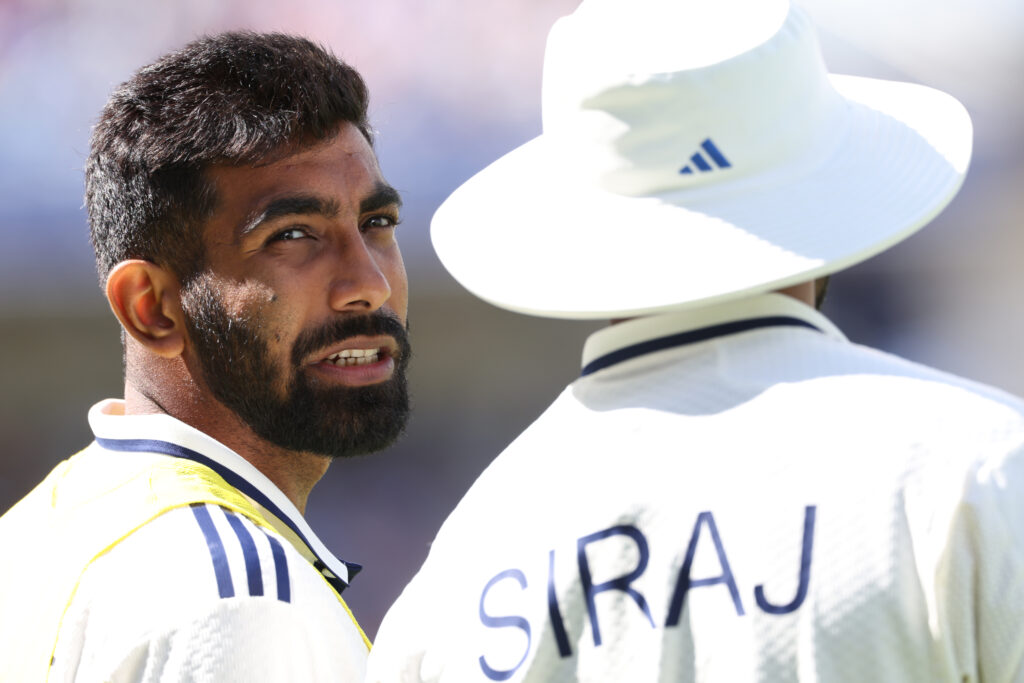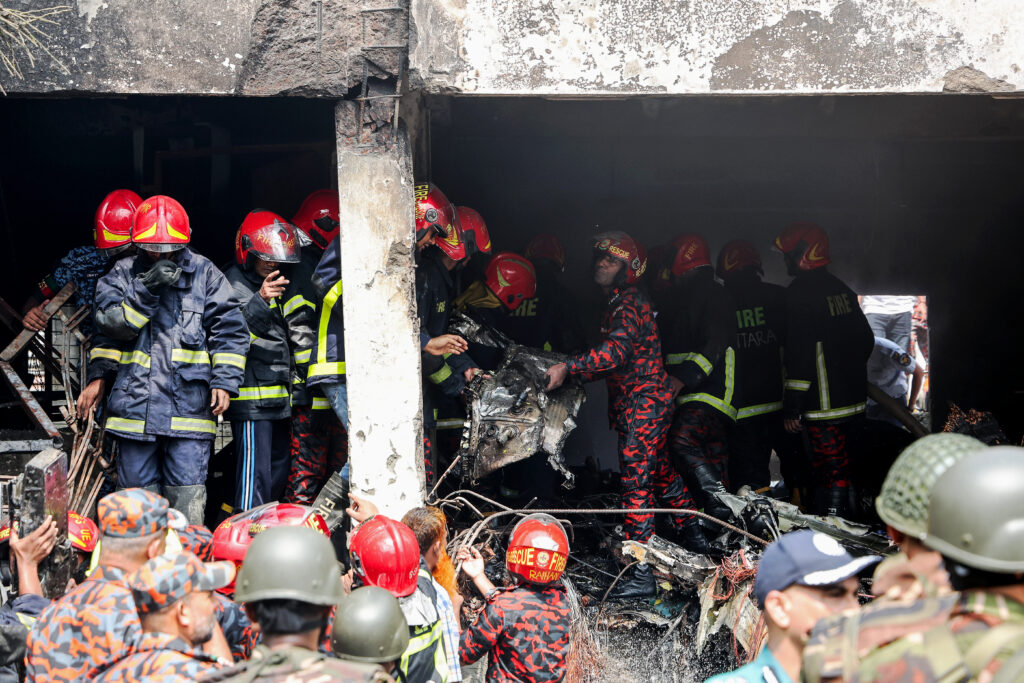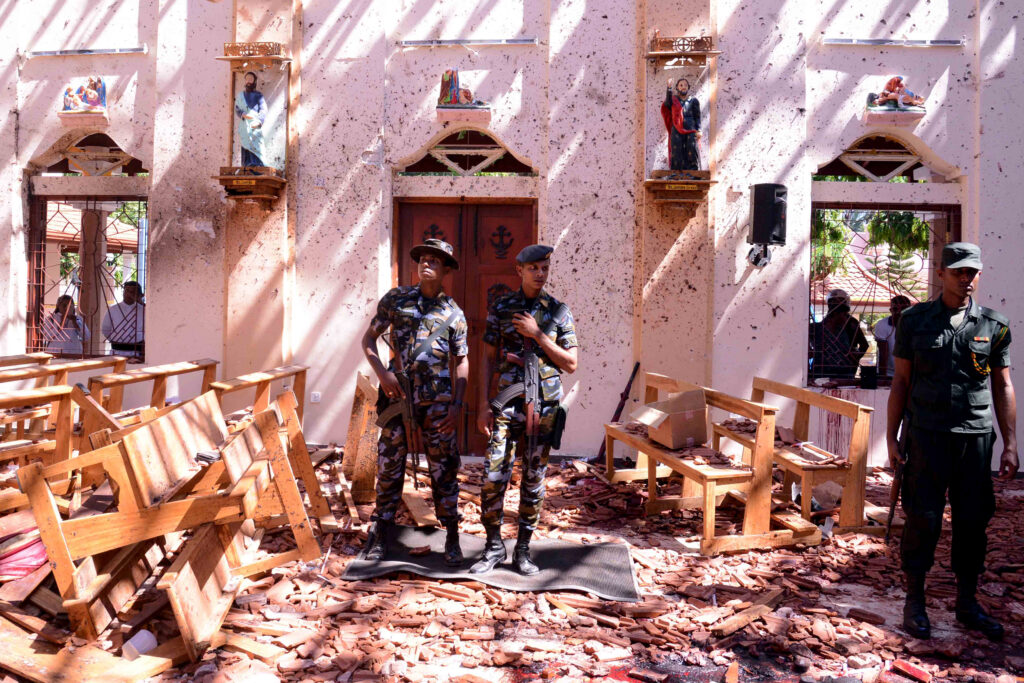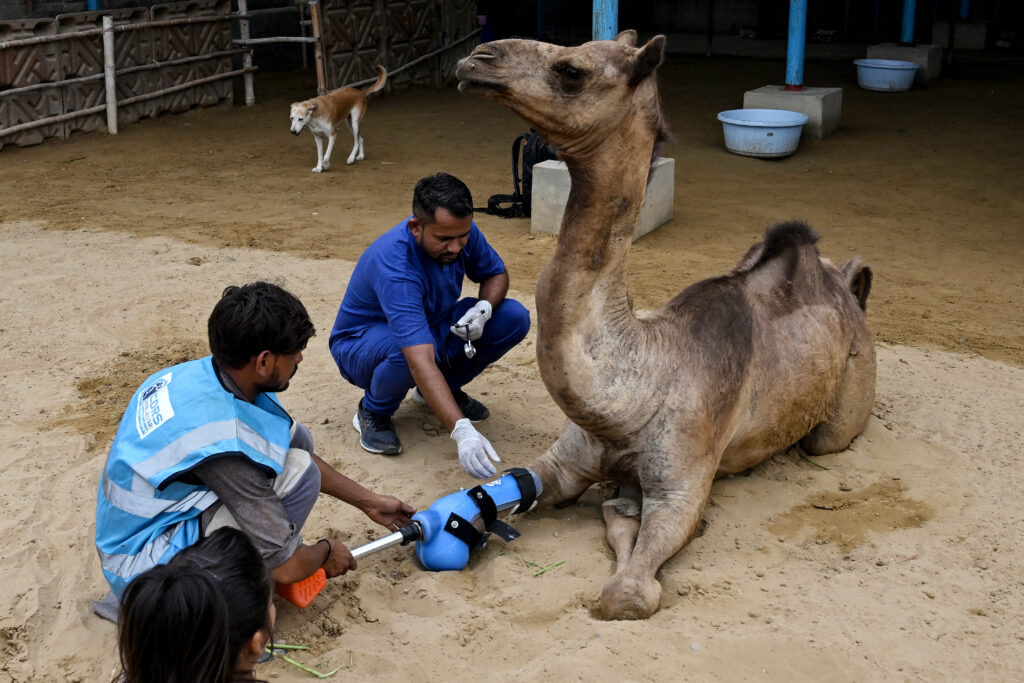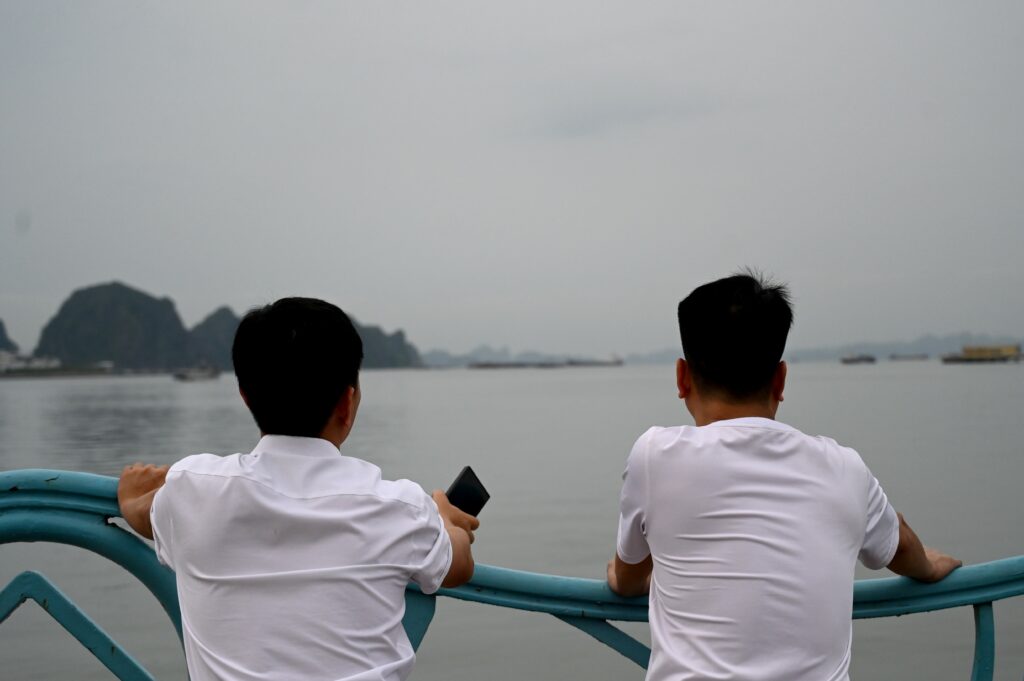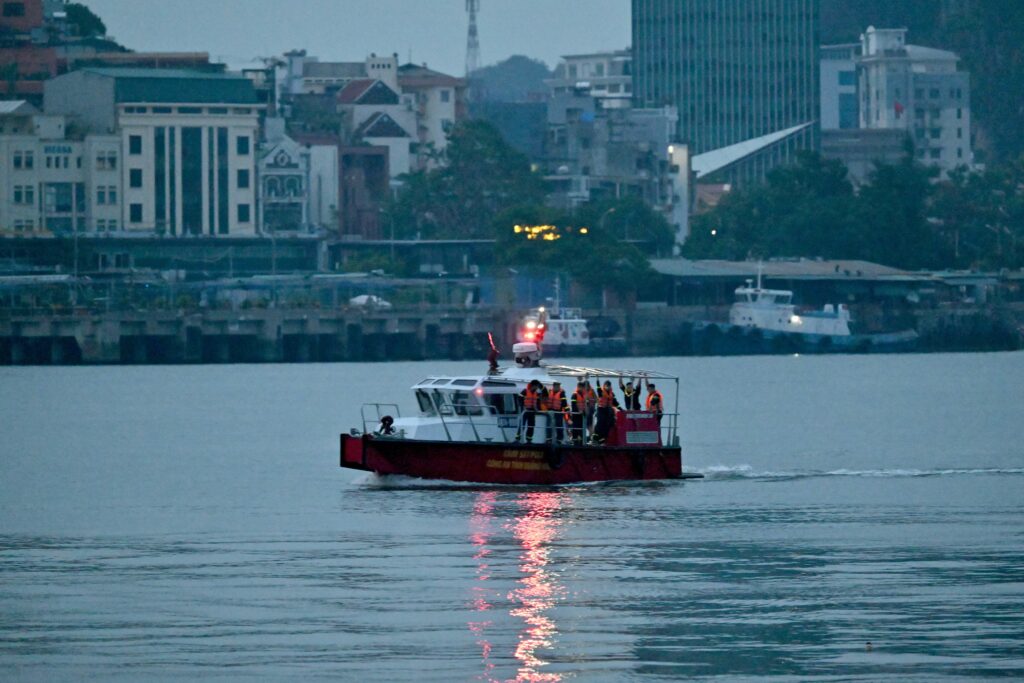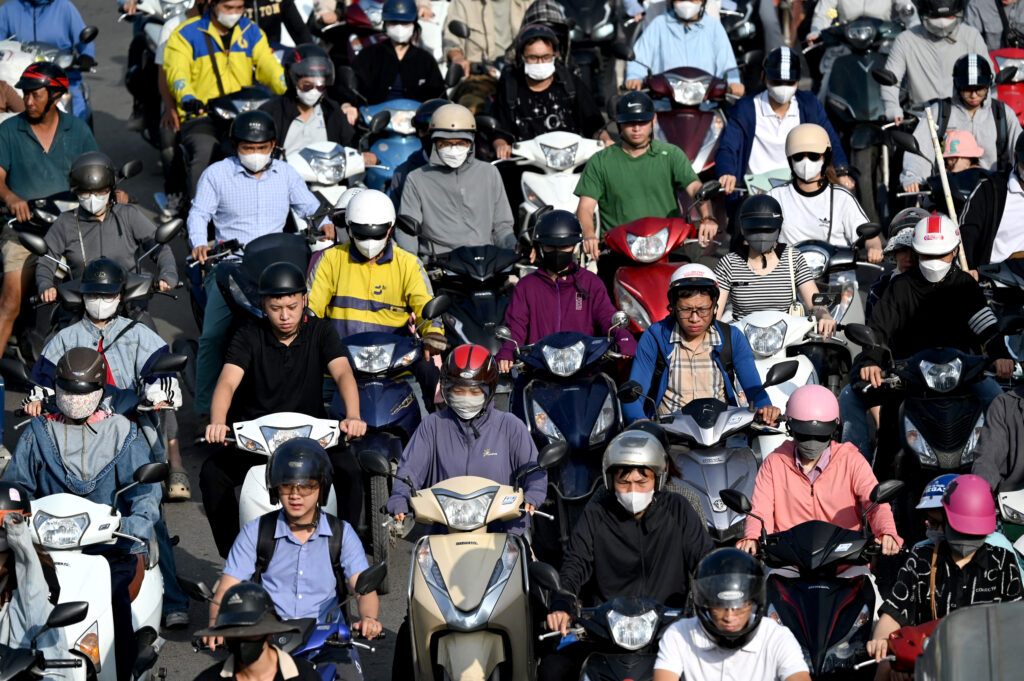England won’t play ‘nice’ against India warns Brook
England batsman Harry Brook has warned India that his team “don’t always have to be nice” as they prepare to resume hostilities at Old Trafford on Wednesday.After England battled to a fiery 22-run victory in the third Test at Lord’s, the teams will lock horns again with the series on the line in Manchester.England on Monday named just one change to that side with Hampshire’s left-arm spinner Liam Dawson making his first Test appearance in eight years at the expense of the injured Shoaib Bashir, while Jofra Archer remains in an unchanged pace attack. An England win would put them 3-1 up with one game to play, while India must take the last two matches to secure their first Test series triumph on English soil since 2007.It promises to be another fiercely-fought encounter after India’s fielders clashed with England batsmen Zak Crawley and Ben Duckett in a time-wasting row at Lord’s.That lit a fire under England when it was their turn to field, with Archer giving a pumped-up send-off to India’s Rishabh Pant.As the tension mounted in England’s 22-run win, Brydon Carse and India all-rounder Ravindra Jadeja were involved in a mid-pitch collision.But Brook is adamant Ben Stokes’ side did not go to far with their spikey approach in pursuit of victory.”I’ve had a lot of compliments. Everybody said it was awesome to watch. It was good fun, I have to admit. It was tiring but it made fielding a lot more enjoyable,” he said on Monday.”I think it put them under a little bit more pressure. The opportunity that arose for us to not be the nice guys was because of what they did. We just thought ‘we’re not standing for that’.”We had a conversation and said ‘it’s time to not be those nice guys that we have been before’. You don’t always have to be nice. Who knows, that might have played into our favour. It was good fun.”We were doing it within the spirit of the game. We weren’t going out there effing and jeffing at them and being nasty people. We were just going about it in the right manner.”- ‘Wily old fox’ -India pace bowler Mohammed Siraj was fined 15 per cent of his match fee and given one demerit point for his angry send-off of Duckett during England’s second innings, which ended with the pair brushing shoulders.Brook revealed it was at his urging after some choice words from head coach Brendon McCullum that they decided to fight back.Asked whether that aggressive approach will continue as England look to win the series, Brook said: “God knows. We’ll see whether it happens again and whether it works.”I brought it up the night before the last day: ‘Baz said the other day we’re too nice, I think tomorrow is a perfect opportunity to really get stuck into them’.”Bashir took the final wicket at Lord’s but the Somerset spinner’s broken finger has opened the way for Dawson’s Test recall.The 35-year-old, who has starred in county action for Hampshire leapfrogging the centrally-contracted Jack Leach as the replacement for Bashir, played the last of his three Tests in 2017.He was a member of England’s ODI World Cup winning squad in 2019 and was recalled to the T20 side against the West Indies in June.Apart from his bowling Dawson is a more than handy lower order batter with 18 first-class hundreds and an average of just over 35. “He is a wily, old fox, very experienced and a very skilful cricketer,” Brook said.”He’s willing to always fight for the team, he’s very competitive and it’s good to have him here.”Archer, who took five wickets in his comeback Test at Lord’s while bowling at high pace, retains his place in the bowling attack alongside Brydon Carse and Chris Woakes who were preferred to the fit-again Gus Atkinson.

